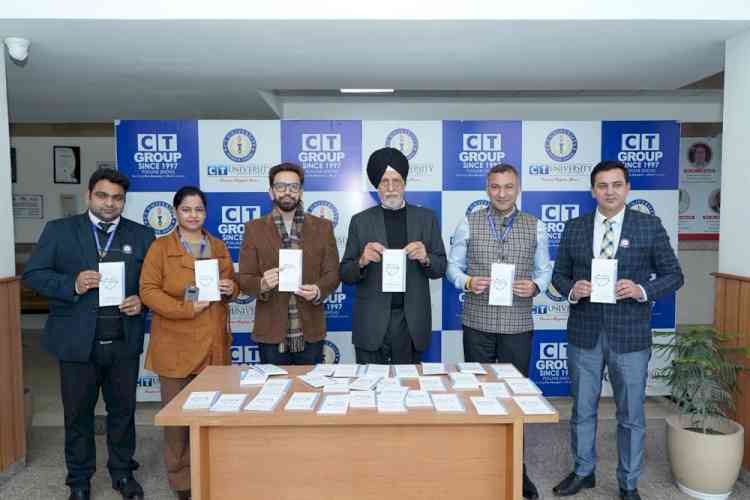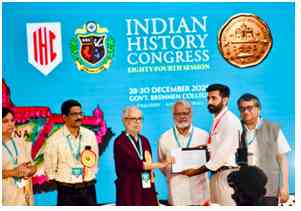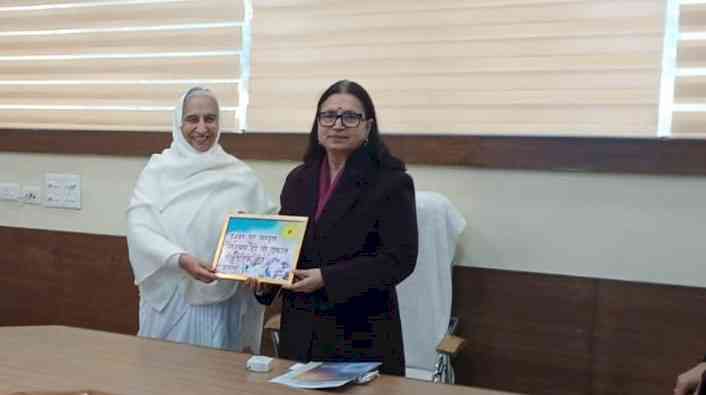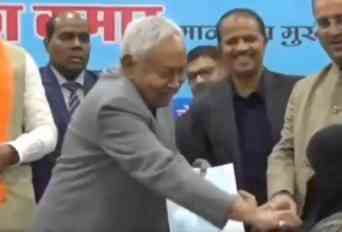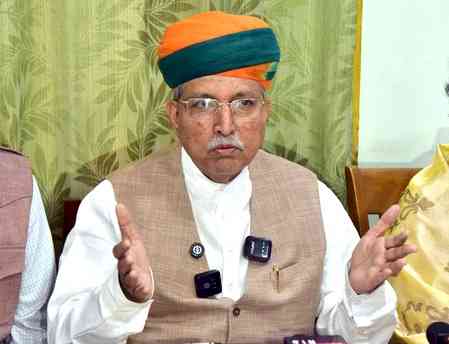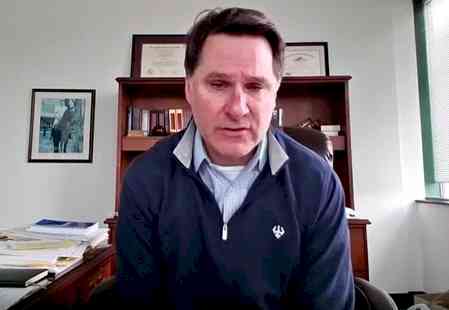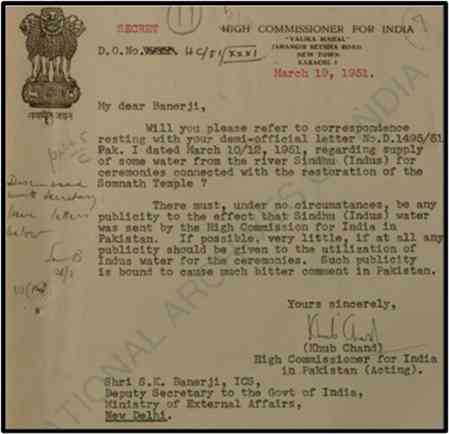From Insects to Revolution: PAU's Diverse Museums to Take Center Stage at CIMA 2023
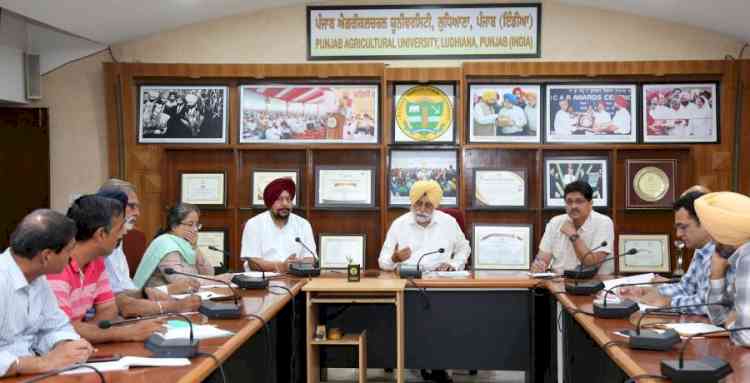
Ludhiana, July 6, 2023: The Punjab Agricultural University, Ludhiana, will be one of the two hosts for the maiden International Conference of Agricultural Museums (CIMA) in India, to be organized by the International Association of Agricultural Museums (AIMA). This prestigious 20th triennial conference will grace PAU from October 16-18, 2023, while Shoolini University, Solan, will be the host from October 13-15, 2023.
PAU's museums hold the rich heritage of agricultural tales, and CIMA 2023 aims to share them globally. In line with this vision, the Vice-Chancellor of PAU, Dr Satbir Singh Gosal, chaired a meeting to oversee the conference preparations. Department heads provided updates on the current state of their respective museums and discussed measures being taken for their maintenance. Notably, CIMA 2023 will be the first conference of its kind in all of Asia..
Highlighting the significance of CIMA 2023, Dr S.S. Gosal emphasized its focus on the timeless wisdom of farmers in key areas of agriculture, such as ecosystems, pests, diseases, and nutrition. It seeks to unite agricultural institutions nationwide to study transformative milestones in farmers’ histories, covering land, water, fertilizers, and seeds. This initiative will safeguard and share India's agricultural heritage by fostering collaborations with kindred organizations and institutions, united by a shared purpose, he added.
Talking about the key museums of PAU, Dr Gosal informed that the Museum of Social History and Rural Life of Punjab, built in 1974, showcases the university's ties with state folklore and village life. The Dr H L Uppal Museum, established in 1986, displays the scaled physiographical features of northwestern India. The Plant Breeding (Crop) Museum unveils the PAU’s recommended crop varieties. The Green Revolution Museum underlines PAU's role in the region's agricultural revolution through high-yield dwarf varieties.
Furthermore, Dr Gosal revealed that the Insect Museum is a state-of-the-art facility that preserves more than 30 orders of insects depicting their different developmental stages and models of their unique behaviour, habits and habitats. The Museum of Natural History exhibits specimens, models, and wall mountings to illustrate the evolution, distribution, anatomy, and organization of animals across the animal kingdom. The Soils Museum provides detailed information about the soil resources of Punjab State through its six levels (floors), depicting natural soil occurrences and fertility. Dr Gosal also mentioned that two upcoming museums, the Dr Khush Museum and the Museum of Agricultural Implements and Machinery, are currently in progress.


 City Air News
City Air News 
